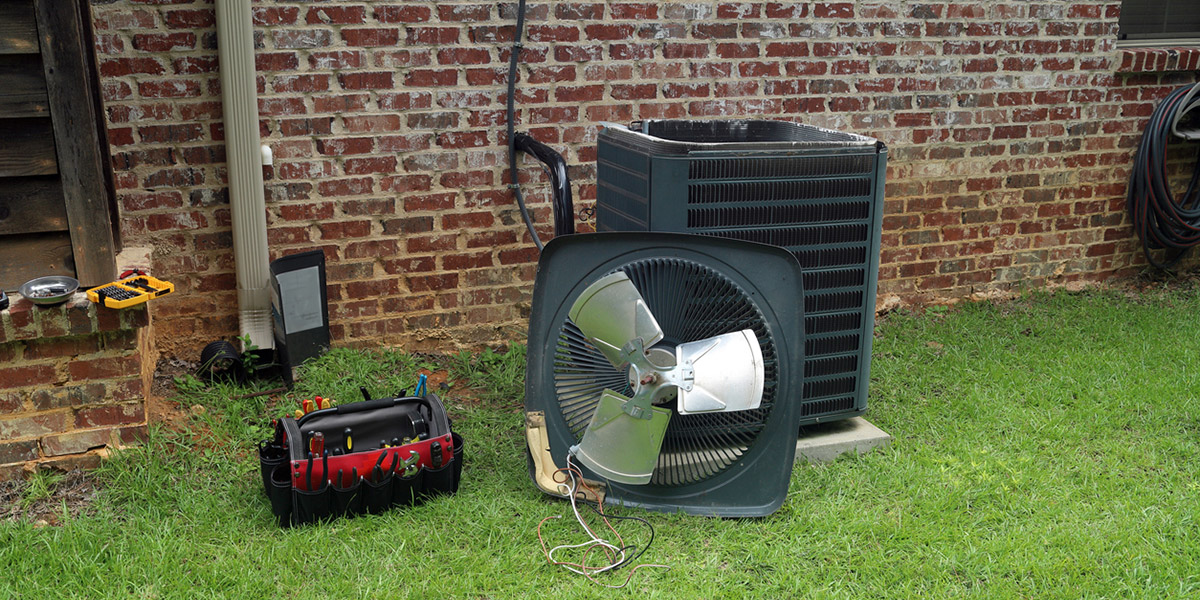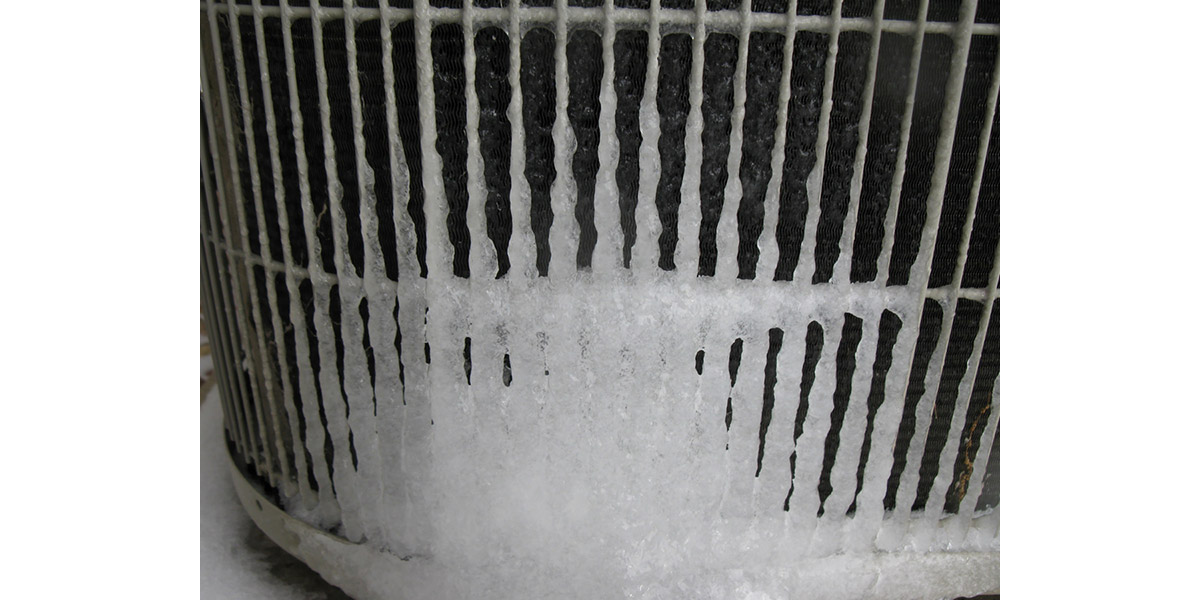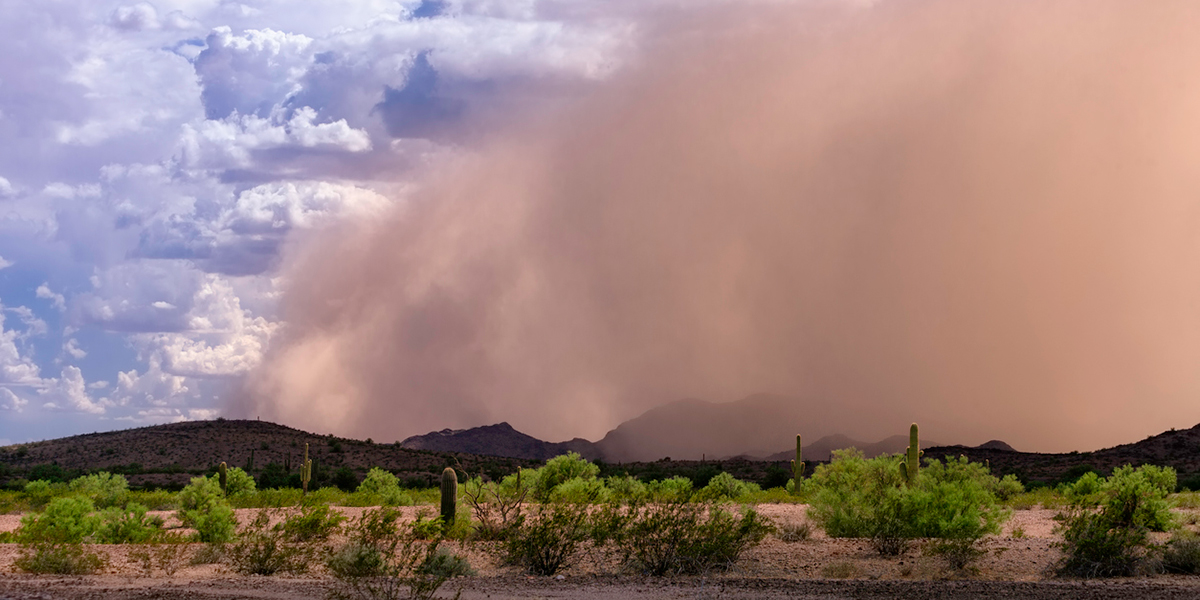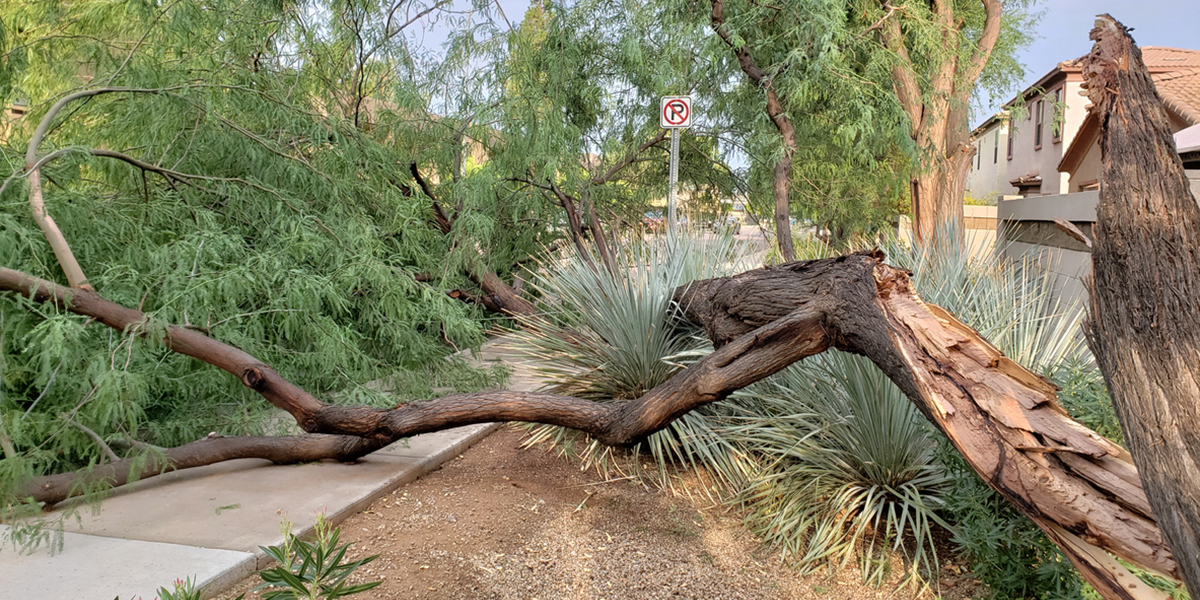
The air conditioning unit’s evaporator and condenser coils are vital components of your HVAC system. Properly maintained, these coils will continue to keep your home cool all summer long. Let’s look at how frequently AC evaporator and condenser coils should be cleaned in the Valley of the Sun.
What Are Evaporator and Condenser Coils?
Air conditioning units don’t actually create cool air in your house. Instead, the AC system conditions your air by removing heat from the air that’s already inside with the help of two types of AC coils. Evaporator coils, located inside the air conditioning unit’s housing, remove heat and humidity from inside your home. Condenser coils, located outside of the AC system, use refrigerant to transfer heat from inside to the outside of your home.
Why Is It Important to Clean the Coils?
Dirt and debris can wreak havoc on the heat exchange going on between the coils. Dirty coils can cause your electricity bills to increase due to higher levels of energy consumption from the AC unit working harder. Cleaning the coils of dust and debris allows the heat exchange to happen more efficiently. Even though AC units aren’t designed to run forever, by regularly cleaning your coils, you’ll help prolong the lifespan of your AC unit. A clean evaporator coil will absorb heat more quickly meaning you don’t have to run the AC for as long to keep cool. If the evaporator coil isn’t cleaned regularly, mold and bacteria may develop. Having these particles blown around inside your house can be a potential health hazard.
How Often Should Coils Be Cleaned?
You’ll want to be certain that your home’s interior is nice and cool in the summer. It’s best to have the condenser and evaporator coils cleaned twice yearly during seasonal tune-ups. However, with dust levels higher in summer due to Arizona’s annual monsoon thunderstorm season, you’ll want to keep a close eye on monthly energy bills to make certain electricity usage isn’t skyrocketing. A dirty evaporator coil can result in efficiency reductions up to 30%.
Your professionals at Bruce’s Air Conditioning & Heating have the credentials and qualifications to inspect and clean your AC coils. You can count on Bruce’s to get the job done right the first time. Call Bruce’s today at 480-968-5652 to schedule your appointment.















